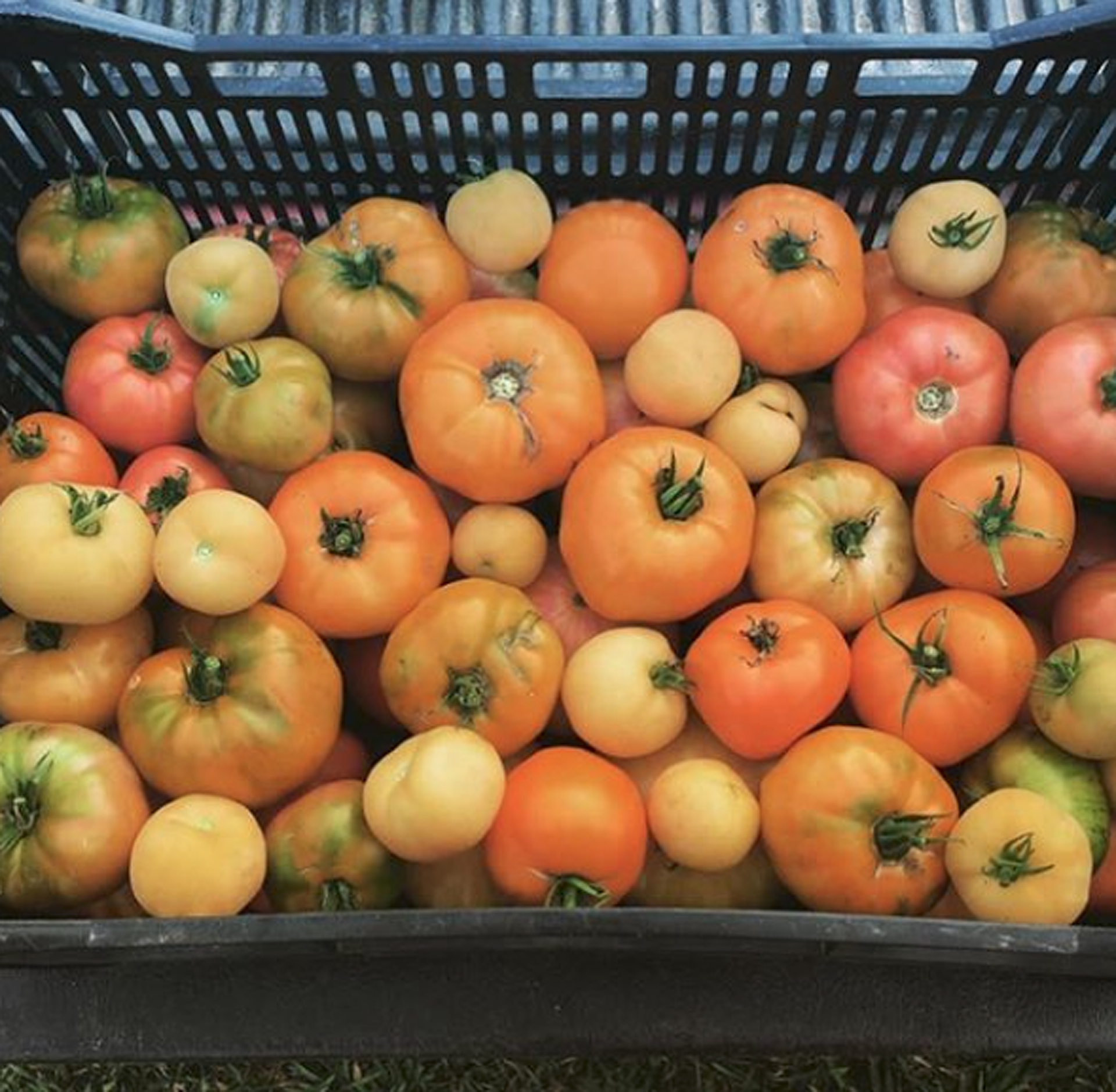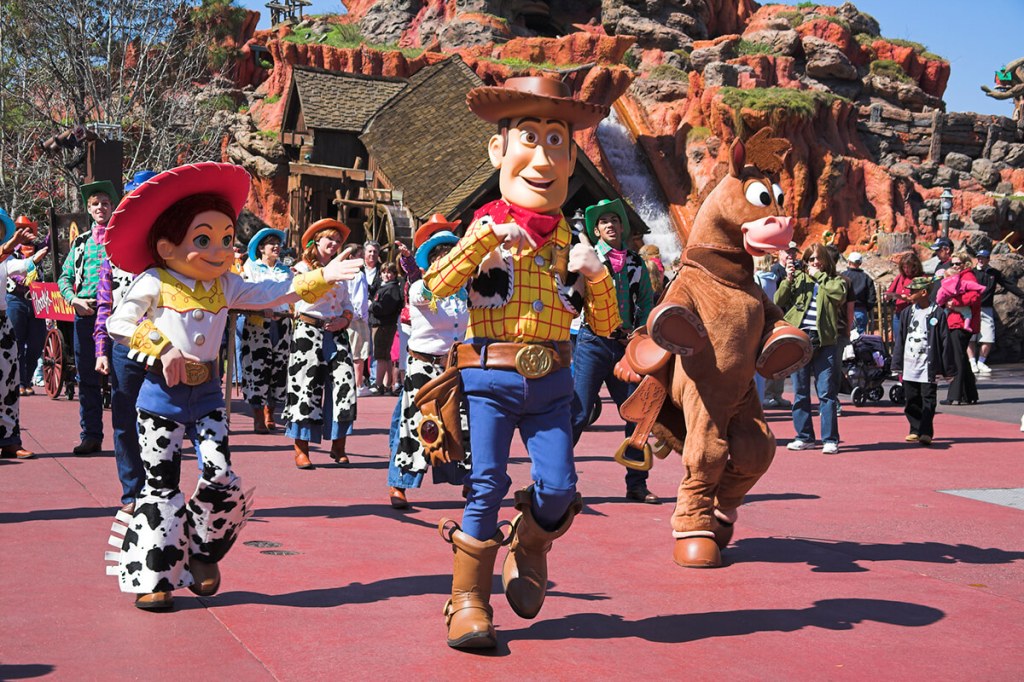Hands-On At Quail Hill Farm


The rain cloud hovering above the East End finally dissipated and the skies opened to a brilliant blue hue. It was roughly 80 degrees outside as I strapped up my work boots and put my ponytail through a ball cap, my idea of farming attire. I was on my way to Quail Hill Farm in Amagansett to get down in the dirt for some hands-on experience with local crops.
Quail Hill is one of the first 10 original Community Supported Agriculture farms in the United States, established in 1990. Scott Chaskey got into farming accidentally. Chaskey went to study literature and writing while he lived in Oxford, England some years ago. To make extra money, he answered an ad for a gardener and quickly developed a love for the work. Since his in-laws were one of those 10 families, he moved back to the East End and was curious to learn more. He went to a meeting and was hooked.
I arrived to a muddy pathway in front of a metal gate and inside, rows of crops. A crew of five waved me in and Al gave me my instructions — dig up the carrots that are too close together and remove the weeds (anything that isn’t a carrot). With absolutely no experience whatsoever, I plopped myself on the ground and let my bare hands do the work. My new job title was Carrot Thinner, a process that is done once per planting to help crops grow larger without intertwining. In keeping each carrot one to two inches apart, and removing other roots nearby, it allows the vegetable to grow to full maturity, a more desirable produce. The carrots that were separated were then placed into a bin to be sold as fancy “small carrots” to restaurants.
Small insects climbed over my hands, the sun beating down on my back, as the group of us got to know each other, no two backgrounds the same. Al’s dog proudly walked over with a baby bunny in its mouth, the prize for a job well done, that’d later be used to make rabbit soup. My shocked face prompted Al to shrug her shoulders. “That’s what dogs do, they hunt. But we use all of it,” she said. I took one of the fancy carrots plucked from the dirt, brushed it against my tank top, and took a bite. How often do I praise a restaurant for its kitchen without ever truly acknowledging those who harvested the food on my plate?
Once we were finished, we hopped into the truck and made our way to the main house to hose off the crops and place them in the walk-in cooler, then we headed to the next patch of land. Quail Hill is a project of the Peconic Land Trust, which preserves 12,000 acres on the East End, making it a conservation organization. Of that 12,000 acres, the farm grows a total of 35 acres, split between four different fields, as part of 220-acre agricultural reserve, that they also rent to Amber Waves, Balsam, and incubator farmers. Farmer Frank, of Bhumi Farms/Rosie’s Amagansett, started farming by renting from Quail Hill as well.
We arrived at the second field to pick garlic scapes, a spiral stem that forms above the garlic stalk in June. If left alone, the stalk forms a flower but in picking the scape the plant will focus its energy into the ground and allow the garlic bulb to mature in size. Each snap of the stalk released a garlic scent into the air, and onto my hands. Though smelly, these scapes are edible and taste the same as traditional garlic, as the bulb matures for another two weeks. I walked through the field picking one by one, searching for the curl, and simultaneously collected white, yellow, and purple wildflowers. The overpowering scent was just a reminder of my other title, Scape Picker.
Once everything was complete, the group and I returned to the main house for a farm-to-table community meal outdoors. That’s where I met Layton Guenther, director of Quail Hill Farm, who has been with the team for seven seasons. Guenther got involved with farming in college in western Massachusetts during the resurgence of organic vegetable farming in New England.
In season right now are all the greens — lettuce, kale, parsley, cilantro, dill, collard greens. With all the rain, even the potatoes have grown unusually quick. “We have about 200 families who purchase a community supported agriculture share from the farm and twice a week, from beginning of June through Halloween, they come and harvest their own from the fields here. That’s probably 75 to 80 percent of our outlet. Then we also sell to restaurants like Gurney’s Star Island in Montauk and Almond in Bridgehampton, The Mill House in East Hampton, Highway, among others. And at the Sag Harbor farmers market on Saturdays,” Guenther said.
Quail Hill takes pride in its apprenticeship program that is especially helpful for the education of new farmers and farm members. It additionally hosts public programs for the community and welcomes volunteers.
“Small farms, which have always been the backbone of the country, are attracting a lot of young people. The future of farming is those young people being educated to learn the skills,” Chaskey said.
nicole@indyeastend.com



